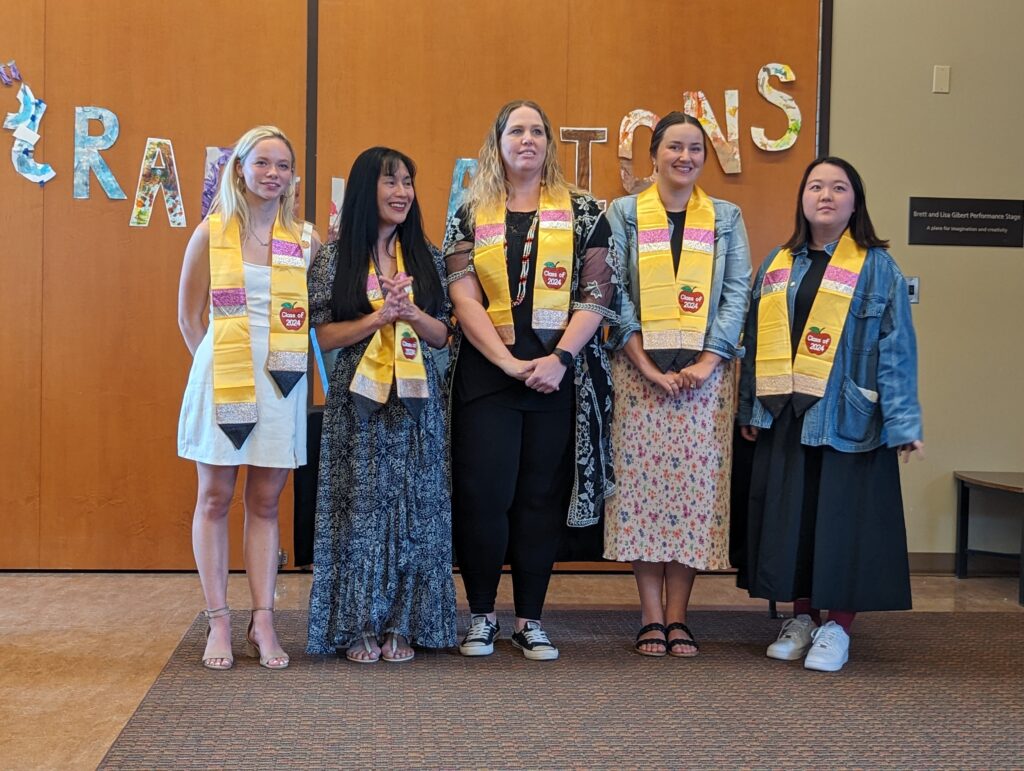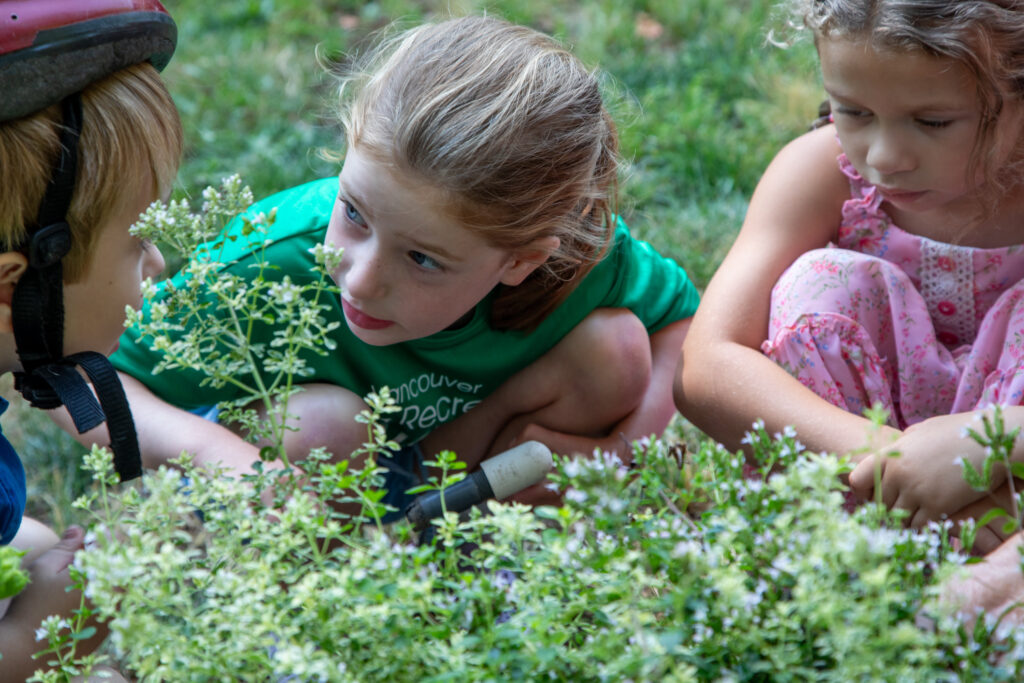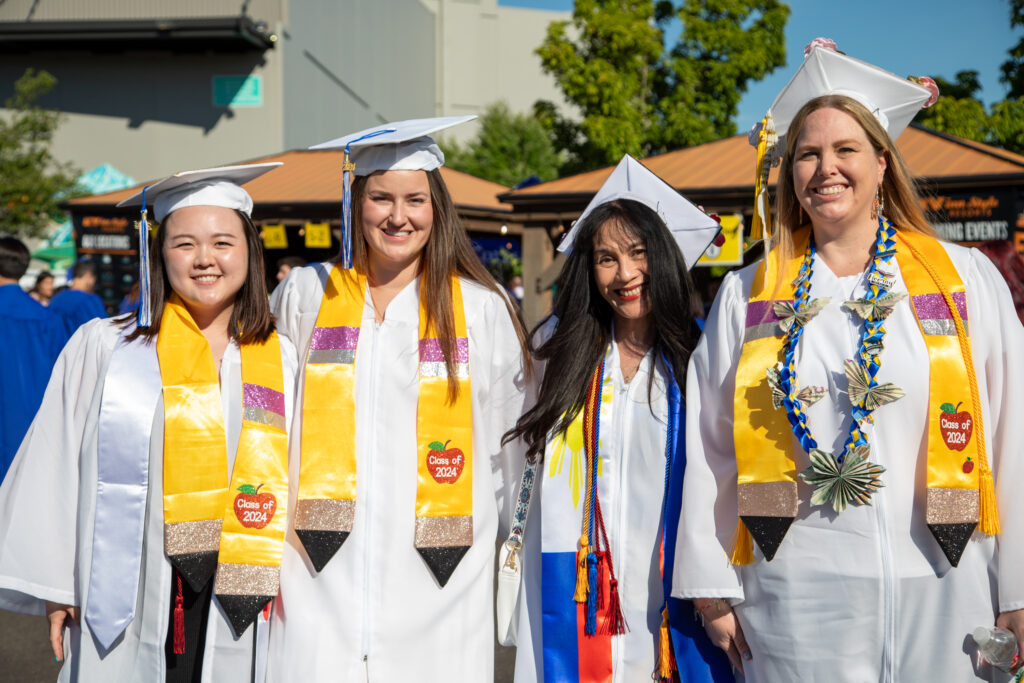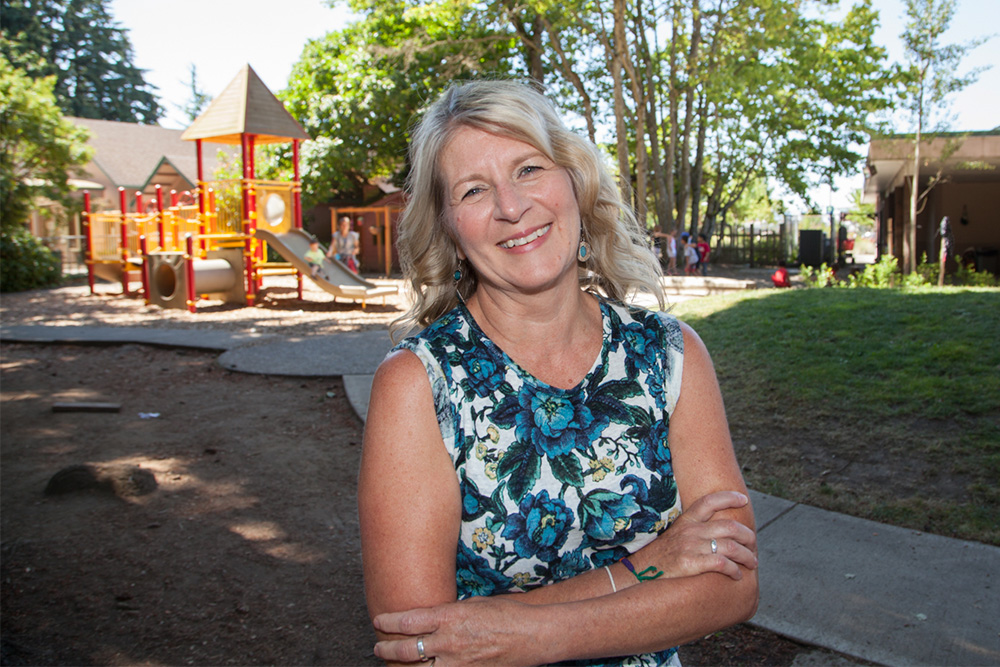Why Basic Needs are Essential
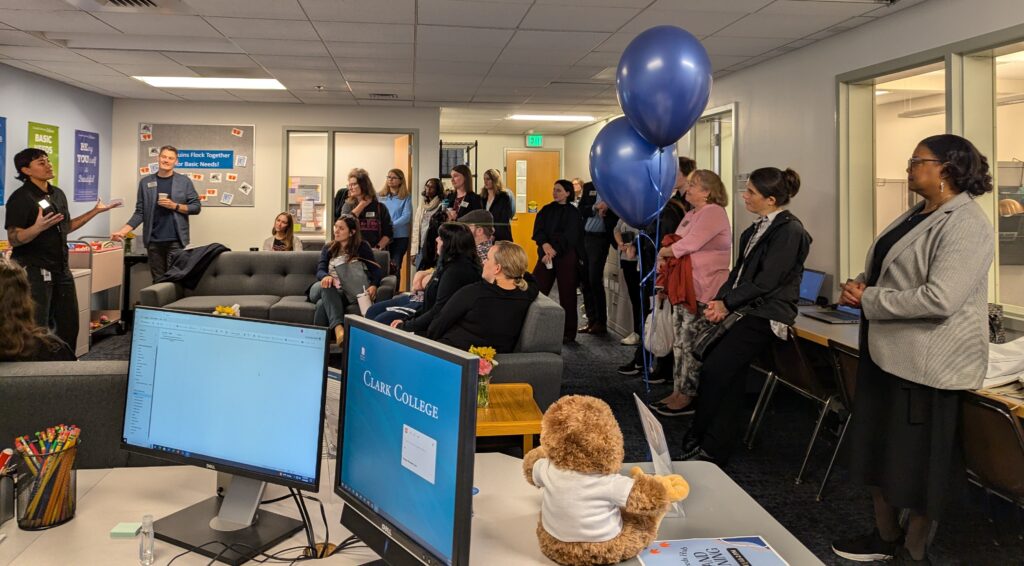
Recently I gathered with our college community to celebrate the opening of our Basic Needs Hub that will connect our students with resources and opportunities that can help them stay in school, complete their education, and achieve their academic and career goals.
Standing in that welcoming space, I felt gratitude for our basic needs team who will be working with our students: Caitlin Malvar, Basic Needs Navigator, is assisted by two Portland State University graduate students earning master’s degrees in social work, Meagan Montalto and Pearl Brown, who are the team’s Basic Needs Program Specialists. And of course, Oso, our Basic Needs therapy dog!
That experience in our Basic Needs Hub caused me to contemplate how education, opportunity, and support can impact lives.
The youngest of eight children, I grew up in one of New York City’s housing projects in the South Bronx. I attended public schools until my seventh-grade teacher noticed that I wasn’t being challenged enough academically and suggested I consider attending a private school, which I did. I received support from A Better Chance, an organization that opened the door for me to attend Columbia Prep—and changed my life.
At Columbia Prep, I was in the same city I’d lived in my whole life, but it seemed like an all-new city to me. I was exposed to many new experiences: the ballet, the symphony, museums, Broadway shows, all of which were part of my academic experience. That is when I first experienced the transformative power of education as well as the disparities that exist between the haves and have-nots.
One teacher assigned us to do research at the New York Public Library’s flagship location downtown where I was greeted by Patience and Fortitude, the regal marble lion sculptures at the entrance at Fifth Avenue and 42nd Street. It was a long way from the South Bronx, in many ways. In my music appreciation class, we were assigned to attend the New York Philharmonic. Although I used my free transit pass to travel to Lincoln Center, it was a stretch both culturally and financially because I had to pay for my own ticket.
I was fortunate. I had a home, my mother’s home-cooked meals, clean clothes to wear, and a loving family. But money for extras like symphony tickets was not easy to come by.
That experience got me thinking: Why aren’t my friends in the Bronx afforded the opportunity to the symphony or the ballet or the museum? Why did I have to leave my neighborhood to get a good education? I realized how unfair that was. My quest for education was driven by that realization—that “aha” moment.
Straddling the two worlds of midtown Manhattan and the South Bronx, I developed survival skills to co-exist in both worlds. I got an excellent education at Columbia Prep, but I was frustrated that I couldn’t get the same quality education in schools in the Bronx. That’s been part of the reason for my advocacy for equity. It has led me on the quest for equal access and equitable success for students. It is what drives me to champion Clark College’s equity-centered strategic plan.
Eliminating barriers for students
During my entire career working in higher education, I have learned that providing opportunities for equitable success for college students means eliminating barriers that can prevent them from beginning or completing their education. Many students struggle with maintaining basic needs including housing, food, clothing, healthcare, childcare, paying their utility bill, and more.
Today more than half of the state’s college students qualify as low-income, and about half also reported experiencing food insecurity or housing insecurity, and more than 10% reported experiencing homelessness, according to the Washington State Achievement Council.
We are seeing these same barriers reflected in Clark College students:
- 31% of our students are low-income
- 45% of our students are first-generation college students without a family member to help them navigate college, including financial aid concerns
- Our campus food pantry saw a 70% increase between 2022 and 2023 in the number of students accessing food for themselves and their households.
Clearly, our students’ needs are great—and even overwhelming for so many. At Clark College, we continually ask ourselves:
- How can we eliminate barriers for our students?
- How can we help them stay on their path and complete their degree?
We already were offering free food pantry boxes every month, free bus passes, reduced membership to our campus fitness center ($10 per term), free counseling and health center, and much more.
But it wasn’t enough. Many students at Clark College and throughout our state still face so many barriers. Recognizing this need, the Washington State Legislature passed Second Substitute House Bill 1559 in 2023 requiring all public postsecondary institutions to address student basic needs by employing a benefits navigator, a single point of contact for students to access resources including public benefits, emergency assistance grants, housing supports, and more.
Providing access to basic needs
The state’s plan includes these action points for every public college or university:
- Hiring a basic needs navigator (or benefits navigator)
- Creating and implementing a hunger-free and basic needs campus plan
- Providing services through a basic needs hub (or benefits resource hub)
I am pleased that we have hired a basic needs navigator, a new role supported by the state to provide a single point of contact for students seeking essential resources.
Our navigator, Caitlin Malvar, first developed a comprehensive, holistic plan of action for addressing our students’ food insecurity, housing instability, and other basic needs so that they can focus on their education.
Next, our navigator focused on establishing a basic needs hub in our student union building. It provides a single location on campus where students can connect with our navigator to access a range of vital services, learn what benefits they may be eligible for, and get help completing various enrollment applications for food, housing, healthcare, utilities, and more. Although many college students can qualify for assistance, most do not realize they are eligible for these resources.
“So many of our students do not realize they are eligible to receive SNAP benefits,” said Caitlin, who is helping eligible students apply for Supplemental Nutrition Assistance Program (SNAP) and Temporary Assistance for Needy Families (TANF). “We are destigmatizing the need for essential resources to thrive in higher education and in life.”
Crashing through barriers
Through the collaboration of our basic needs hub and our Workforce Education Services (WES) office, our students can now access wrap-around services and resources to help them complete their education. With all of these in place as we step into a new academic year, Clark students—and students around Washington State—are crashing through barriers as they step toward achieving their academic goals.
Photo: Clark College/Susan Parrish
